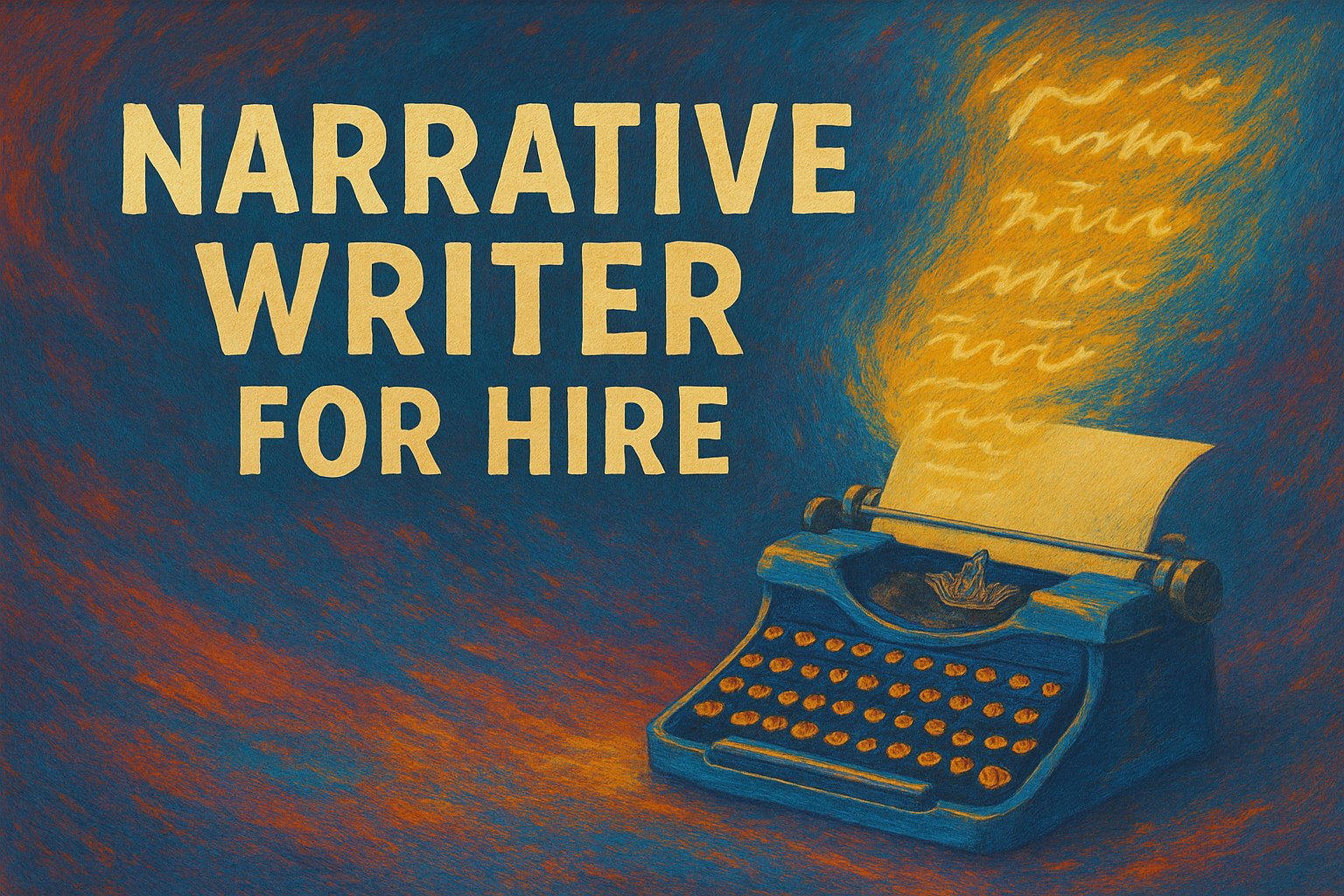As person who is'nt a native English speaker and can't write lore with big words, how do I find help writing lore for my game?
I have tried AI both for lore generation and editing what I had in mind but its too AI-y
I don't even know if there's a specific word for people that do this kind of task. Couldnt find anything but music art and coding in help section.
My game is an MMO and I'm looking for well written quests and stories around twitch culture with fantasy words


